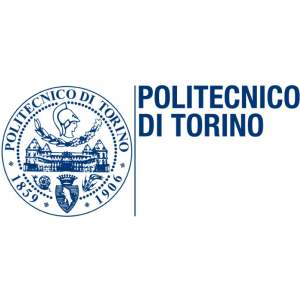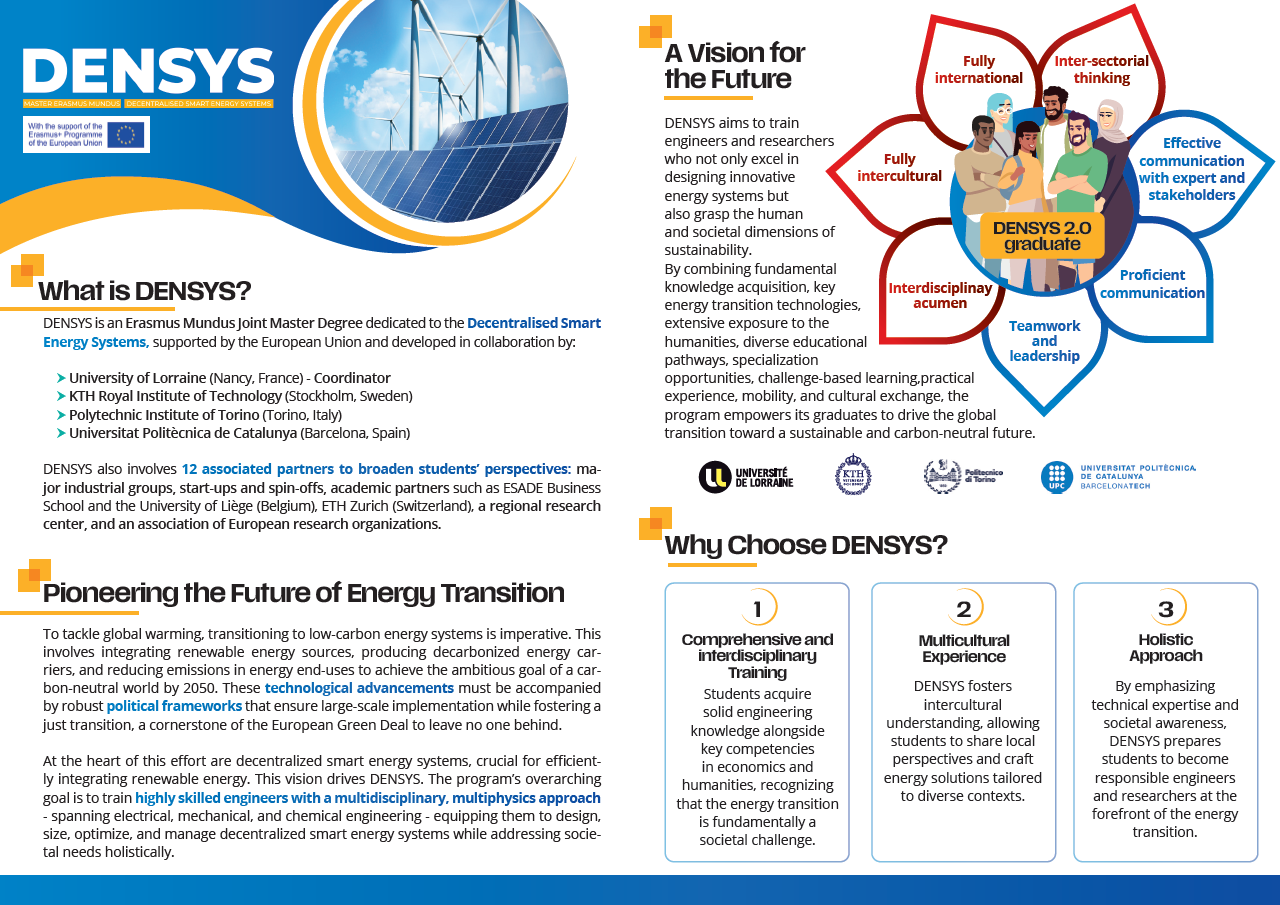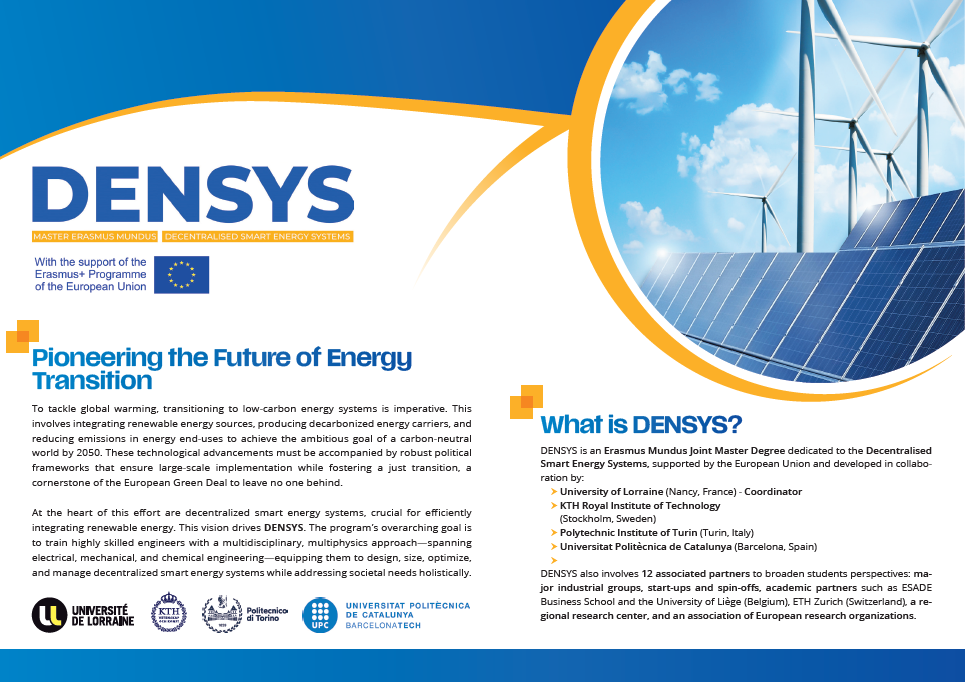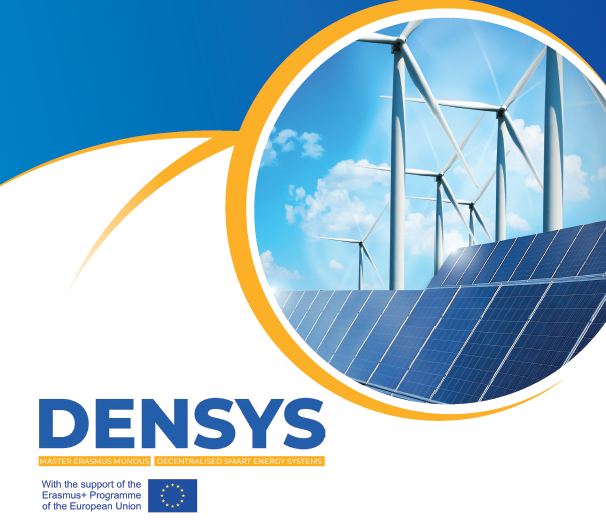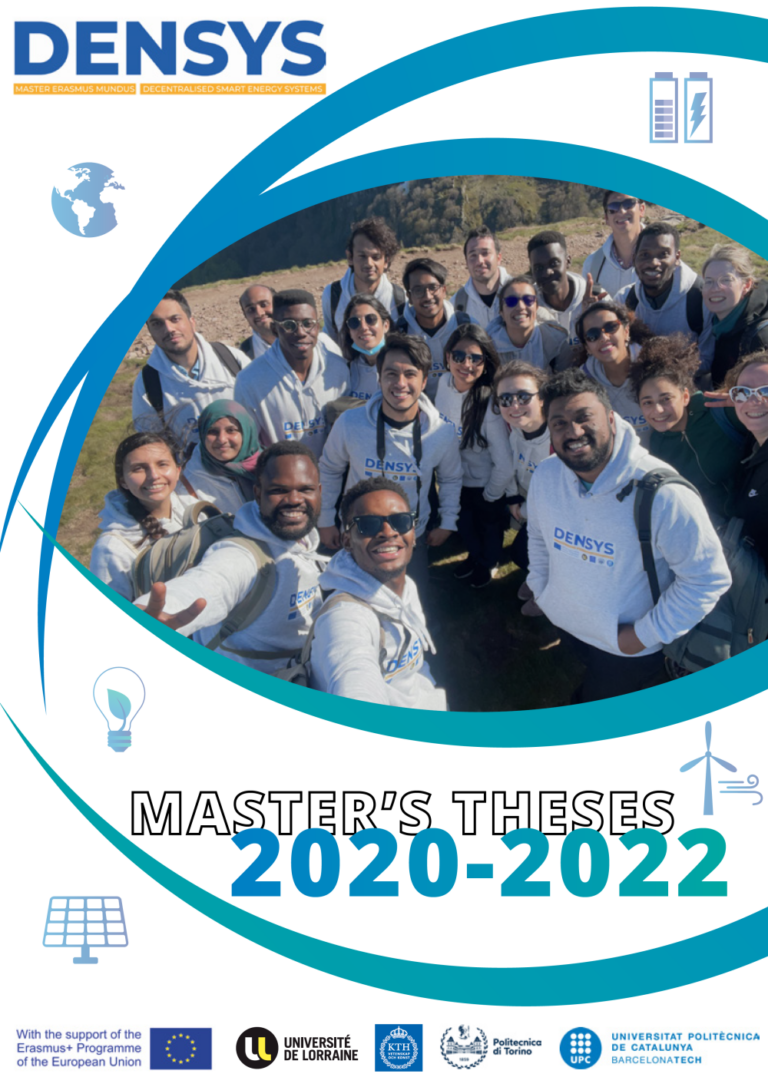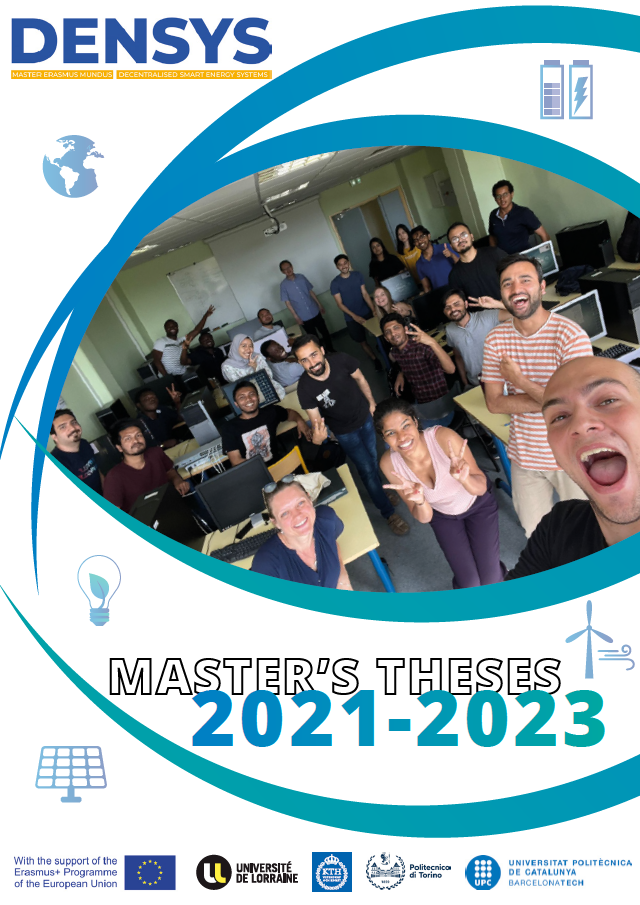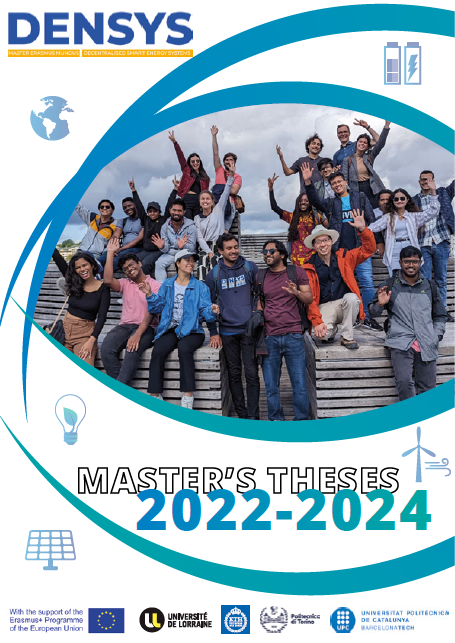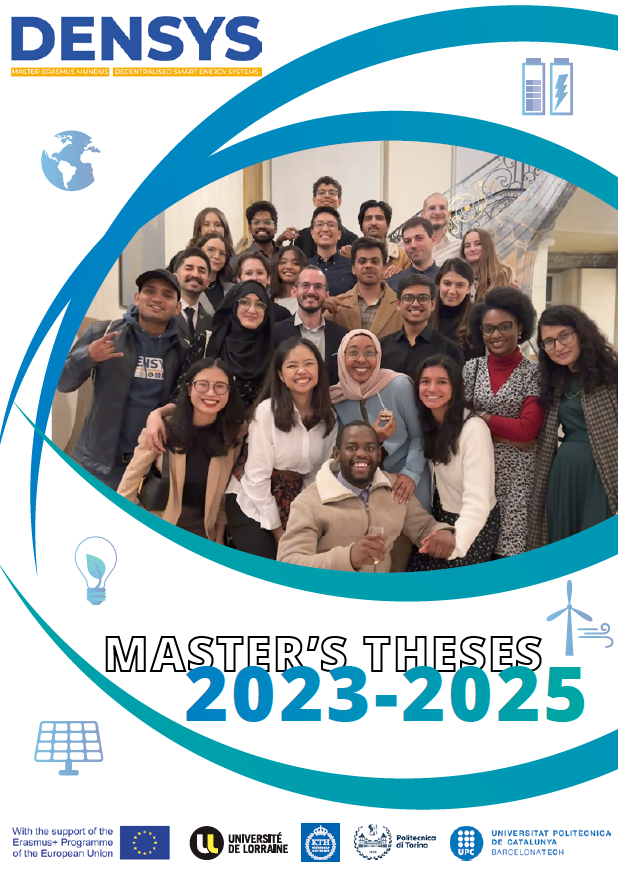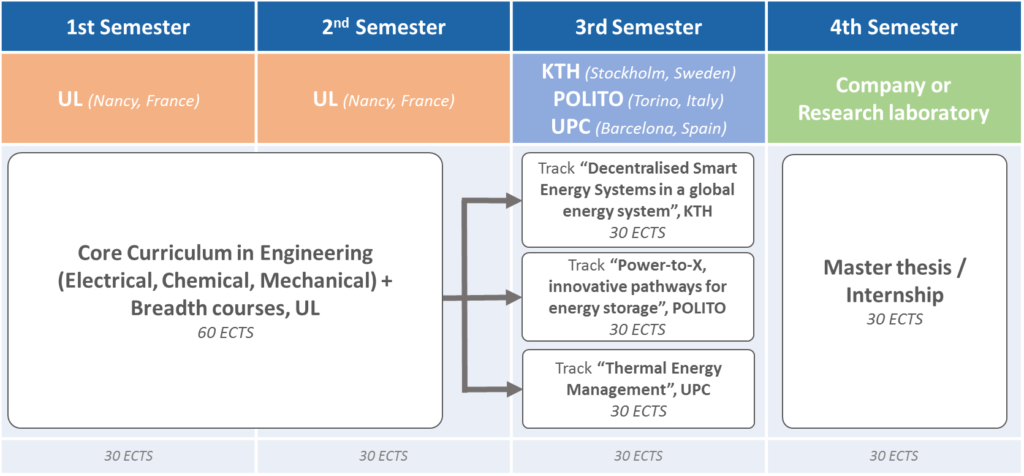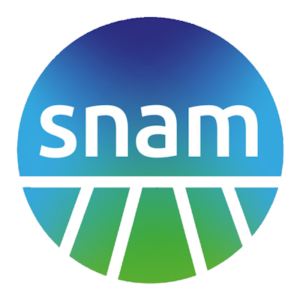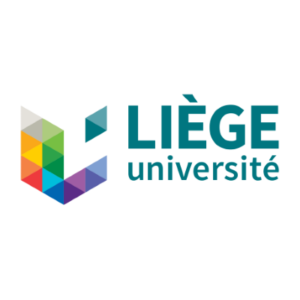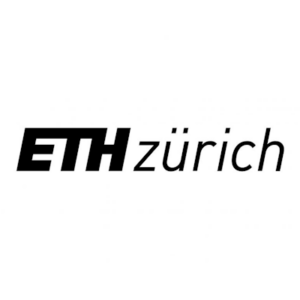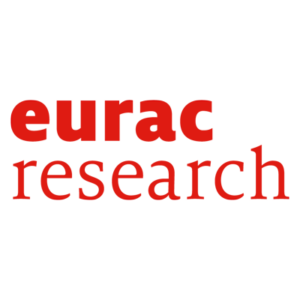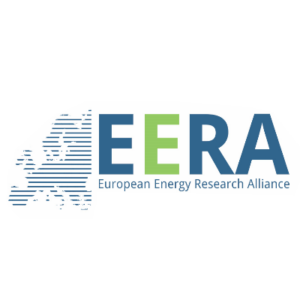
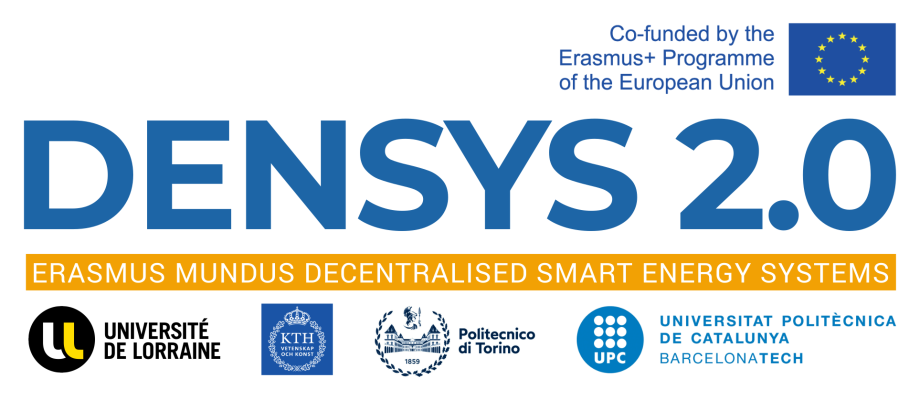
How to apply?
The application campaign for 2026-2028 is open between 6 Oct. 2025 at 8 am and 26 Jan. 2026 at 6 pm, Paris-time.
To prepare your application, we warmly recommend reading the Fees and scholarships and Application pages.
What is DENSYS 2.0 ?
Erasmus Mundus Joint Master Degree DENSYS 2.0 is a collaborative two-year (120 ECTs) joint master degree programme with the goal to provide training in the inter-disciplinary fields of Decentralised smart ENergy SYStems. These systems play an increasing role in the perspective of a massive integration of the renewable energy sources into the energy system and the ongoing transition towards a low carbon society.
DENSYS is strongly anchored in the Sustainable Develepment Goals 7, 9, and 13.

DENSYS had its first edition in 2020/2021 as an Erasmus Mundus Masters programme for studies in leading European Universities with distinctive and complementary academic qualities and strong educational and research traditions (more information on the page Consortium). The program was refunded by Eramus+, the programme for education of the European Union, and became DENSYS 2.0 in July 2024 for 5 cohorts. So, in addition to self-paying seats, we can offer EMJM scholarships and opportunities for Reduced Participation Costs. For more information about this, read the page Fees and scholarships.
Université de Lorraine
(Nancy, France)
Royal Institute of Technology
(Stockholm, Sweden)
Politecnico di Torino
(Torino, Italy)
Universitat Politècnica de Catalunya
(Barcelona, Spain)
Follow two associated partners of DENSYS which particularly involved in the DENSYS program. ESADE Business School, Spain, will organize a summer school dedicated to business and entrepreneurship in Energy. An immersive week will be hosted at Liège Université (Montefiore Institute), Belgium with a classes on AI and digitalization for he management of energy systems.

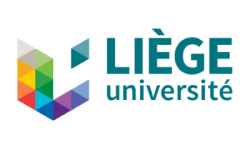
DENSYS through 2 brochures
What are the objectives of DENSYS 2.0?
Decentralised smart energy systems (e.g. isolated villages, small cities, urban districts, rural areas connected or not to the electric grid, etc.) play an increasing role in the perspective of a transition towards a low carbon society and then of a massive integration of renewable energy sources within the global energy system.
Accordingly, the overall goals of the proposed EMJM DENSYS 2.0 are the following:
- To educate top skilled engineers with multiphysics approaches, who will be able to design, size, optimize and operate decentralised smart energy systems, with skills and expertise in the mechanical, aeronautical, chemical and electrical engineering disciplines and a sufficient level of systemic overview, which enables analysing the complex interactions in energy systems,
- To train future researchers (for both public and private sectors), as decentralized energy systems still require strong R&D investments, at the system scale (smart management), at the component scale (e.g. optimization of the lifespan, energy efficiency or density of the system’s components, …) and at the elementary mechanisms scale.
- To offer a broad opening on the human and social sciences to enable the students in having a general understanding and a holistic view of the energy systems and finally working with specialists of other disciplines by addressing particularly some non-technical issues: impact in the territories, social acceptance, economical issues, new business models, the active role of the consumer/producer in the systems.
- To provide to students an international network as well as a genuine European learning, an integrated multicultural and language experience.
The strategic directions of DENSYS 2.0
- Continued and reinforced emphasis on decentralization of energy
- Reinforcing digital skills: twin green-digital transition
- Addressing Net-Zero target through carbon capture
- Elevated environmental awareness
- Strategic analysis and sustainable innovation pathways
In the next video, Indira, Andrea, Johnchemberleen and other students of the cohort 2020-2022 explain what means DENSYS 2.0 for them. Many thanks to all of you.
Master's thesis booklet of our students
One of the best ways to know if DENSYS is a Master’s programme for you is to have a look at the Master’s thesis booklets.
Programme organisation
The programme complies with the ERASMUS mobility rules. Incoming students will start at UL where they will spend the first two semesters of their studies and receive the core part of their training. The third semester will be carried out in one of the three other institutions (KTH, Polito or UPC) and will include specialization courses that enhance the interdisciplinary of the offered degrees. The fourth semester will be devoted to an independent project that will be reported in the Master’s thesis. Here is an overview of the programme structure:

At the end of the programme, the student will be awarded two diplomas:
- Master Energie parcours “Decentralised Smart Energy System”, Université de Lorraine, France
and one of the following degree depending on the specialisation track selected for the 3rd semester:
- Master of Science (Teknologie Masterexamen), KTH, Sweden
- MSc in Energy and Nuclear Engineering (Laurea Magistrale in Ingegneria Energetica e Nucleare), PoliTo, Italy
- Erasmus Mundus Master in Decentralised Smart Energy Systems, with Thermal Energy Engineering Specialization, UPC, Spain
More details are available here : click here
As our students are our best ambassadors, let them give you some reasons to apply:



